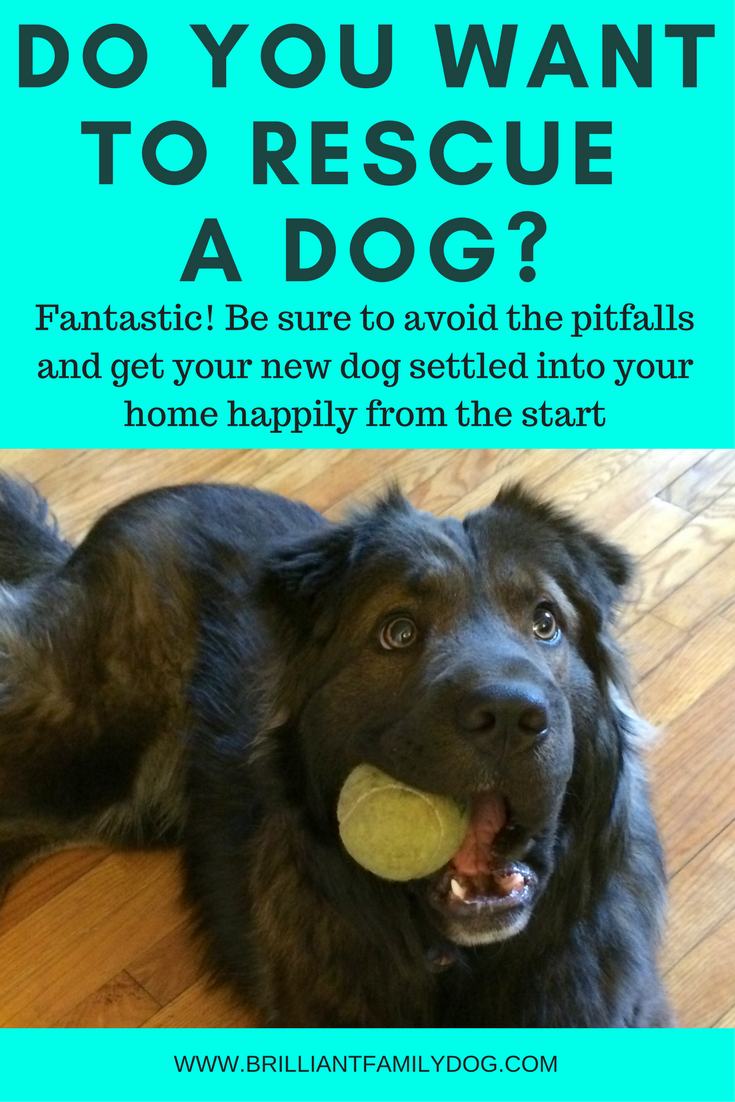I get plenty of emails that begin, “We’ve just adopted an adult dog and he’s a nightmare to walk. He barks and lunges at everything and has damaged my shoulder …”
My first suggestion?
Don’t take your brand-new dog out for walks!
Shock! Horror! But don’t dogs have to be walked every day?
Nope. They don’t. As long as they get exercise - and that can be from playing games in your home and garden - they’re ok.
And if the walks are upsetting them that much, they definitely don’t need to be walked!
This dog has just arrived with you. His world is totally upside down - and may have been for months if he’s previously had a hard time, been booted out, and spent time in a shelter.
He needs time.
He needs time to learn to trust you.
And he needs time to build his confidence so that he can cope with the outside world - a world he may have had no experience of at all!
He may never have been out on walks in his first home, and in the shelter he probably never went off the premises.
So the outside world is a very scary place for him! And his only recourse is to try to put on an aggressive display to keep it away from him.
Familiarity does not bring peace, necessarily
So the best thing is to keep him home, in his new safe place. Keep working with him to build up his confidence in you and everything else.
This will take time!
It can take at least eight weeks for a dog to settle into a new home. And in this time he’ll start to exhibit new things. Maybe he was always very quiet and biddable, and now he’s become rambunctious and “naughty”?
This is a good thing! It shows he’s settling in with you and able to act naturally.
And now you’ve got something you can really work with. It’s the ideal time to embark on a program of force-free training and fun, if you haven’t already done that.
Learning together is a wonderful way to bond with your new dog, to build that companionship you’ll both enjoy for the rest of his life.
Get a helping hand
But starting out with a new dog - possibly as a first-time dog-owner - is not always easy. And this is where working with someone who knows what’s what will really help.
You can start with our free Workshop and in just a few weeks you’ll be at a level where you can teach your dog some fun tricks!
And if your dog is the one at the top of this post, who is terrified of everything outside - then the free Masterclass is where you need to be, right now.
Both these webinars are packed with tips and strategies to get you off on the right foot with your dog - whether brand-new or comfortably ensconced in your home.
















